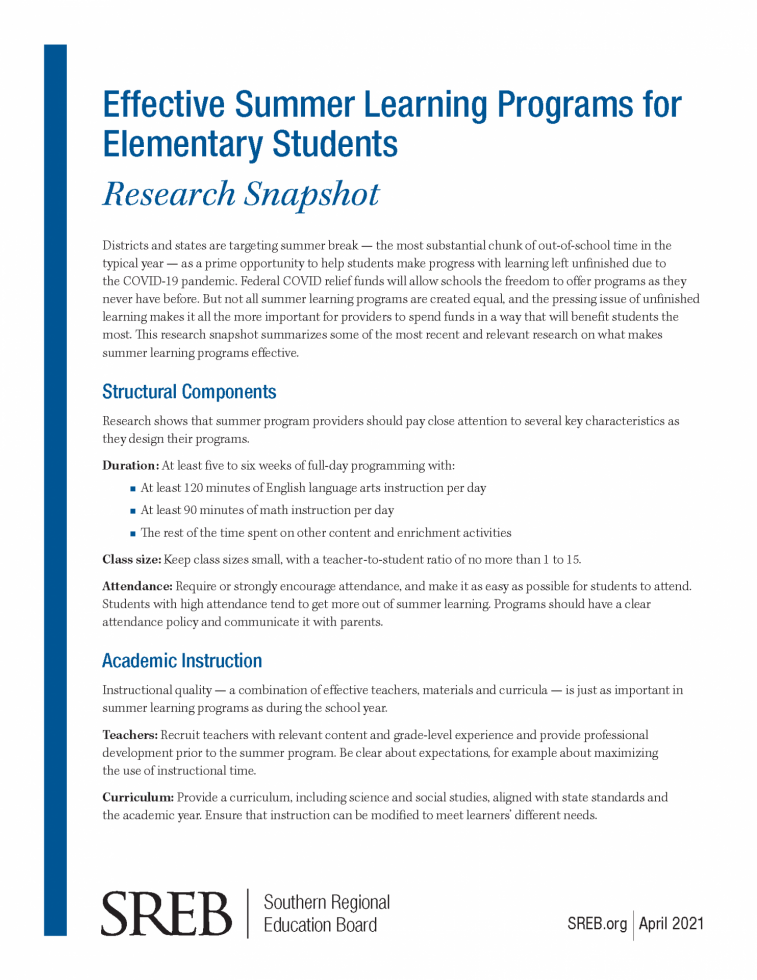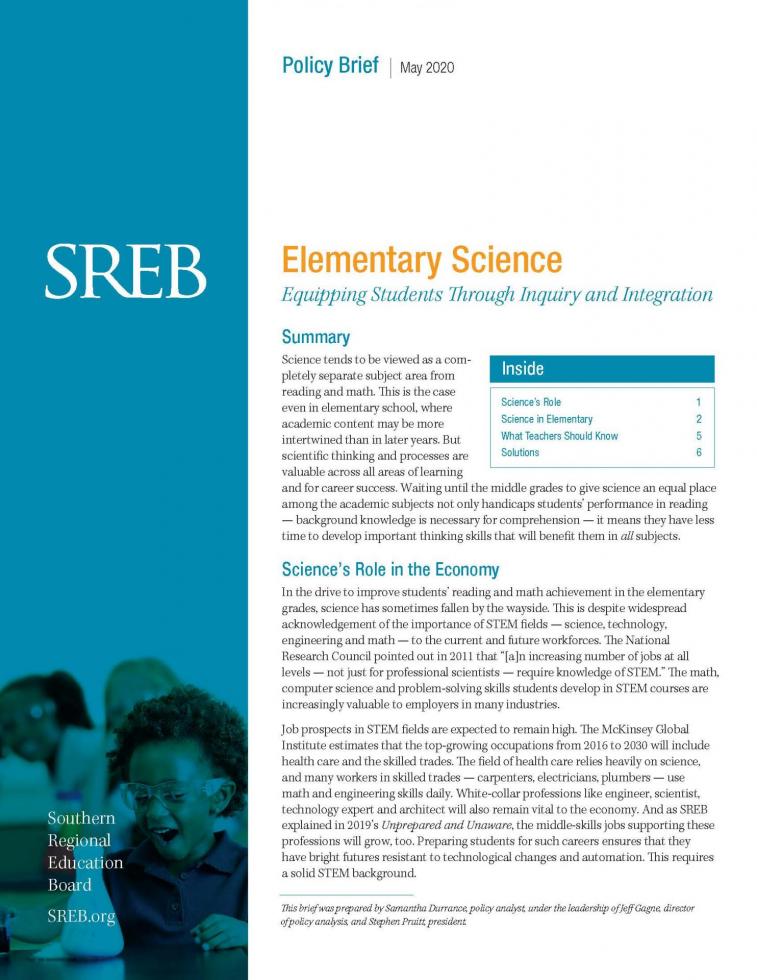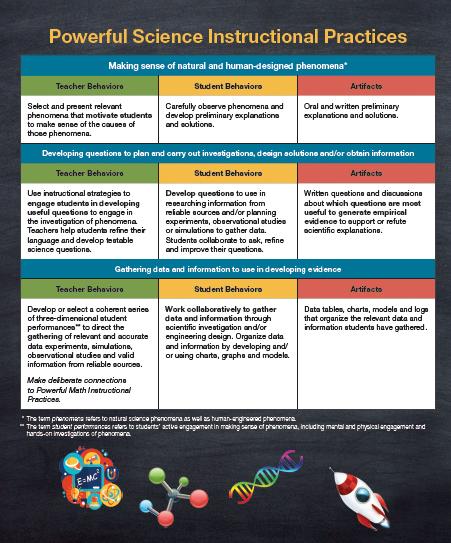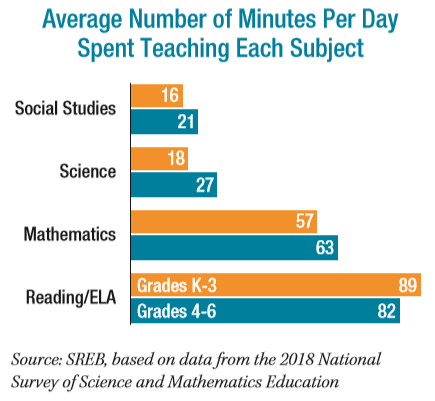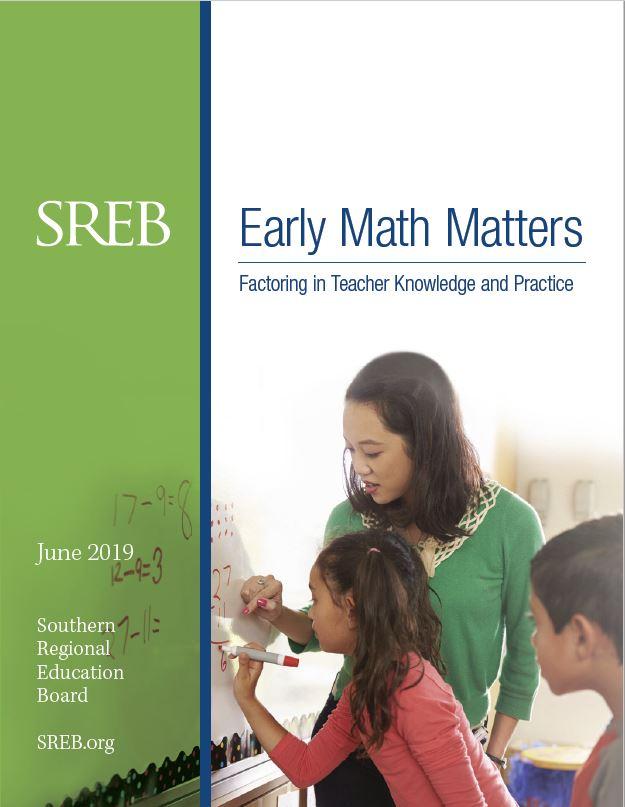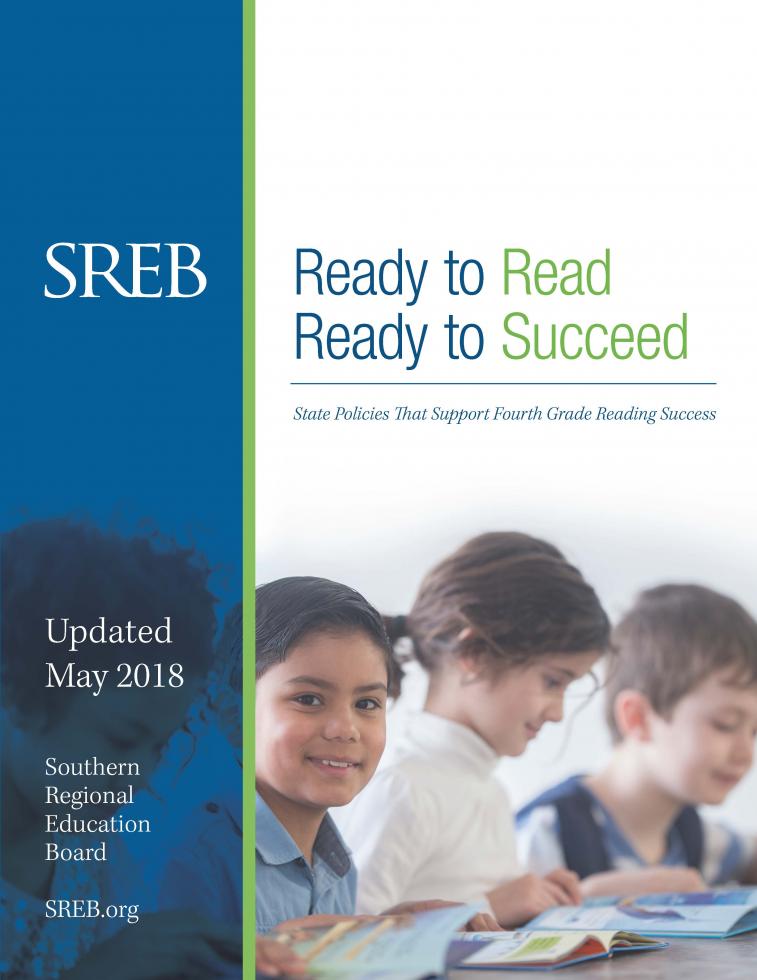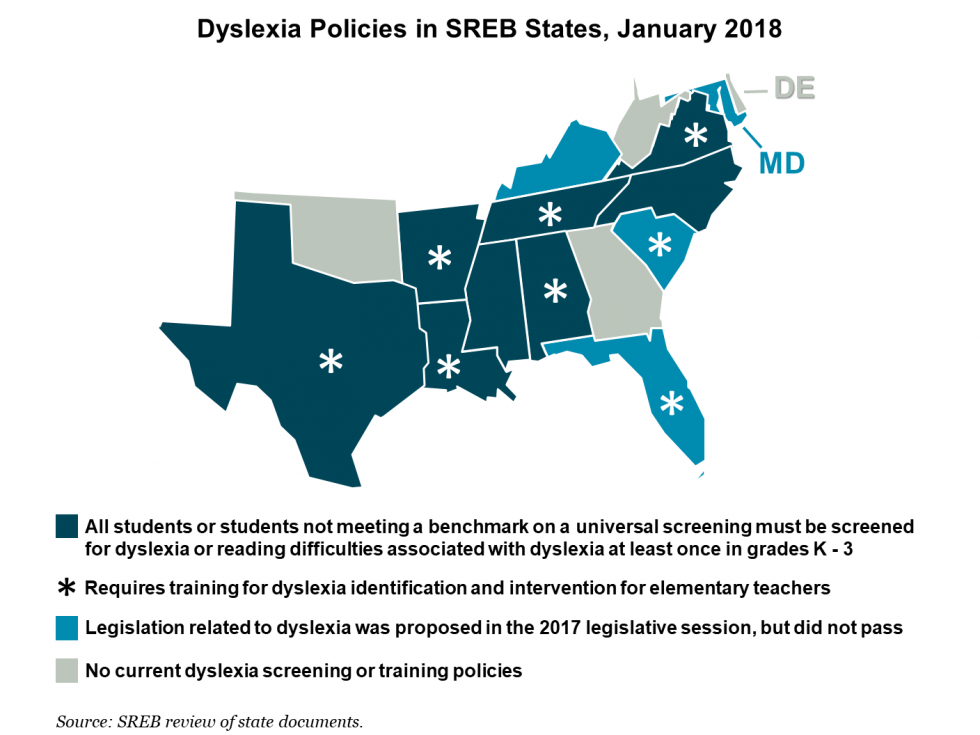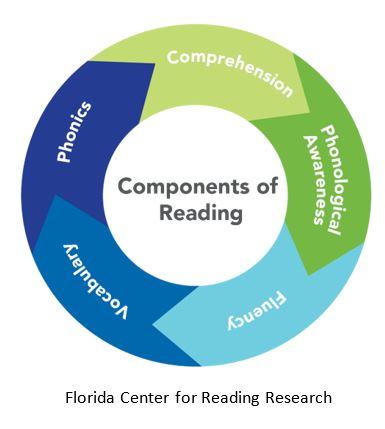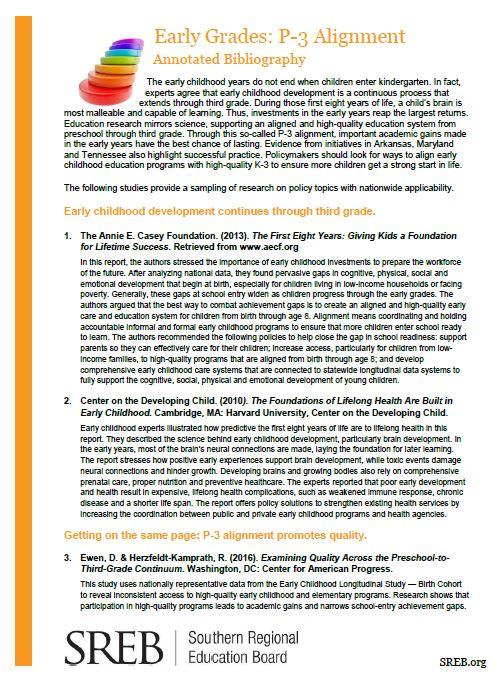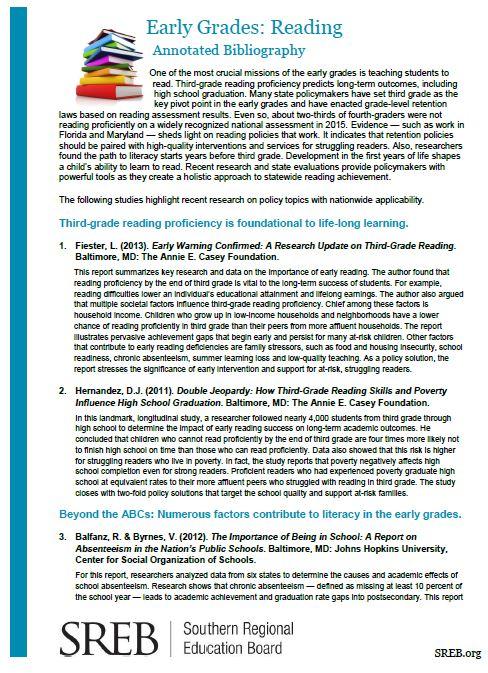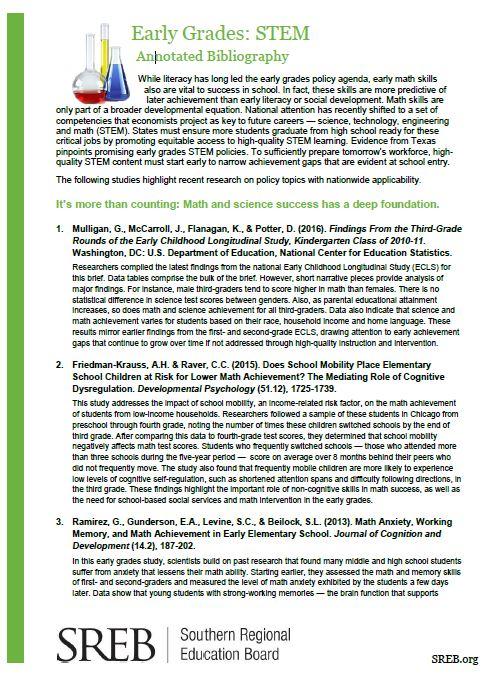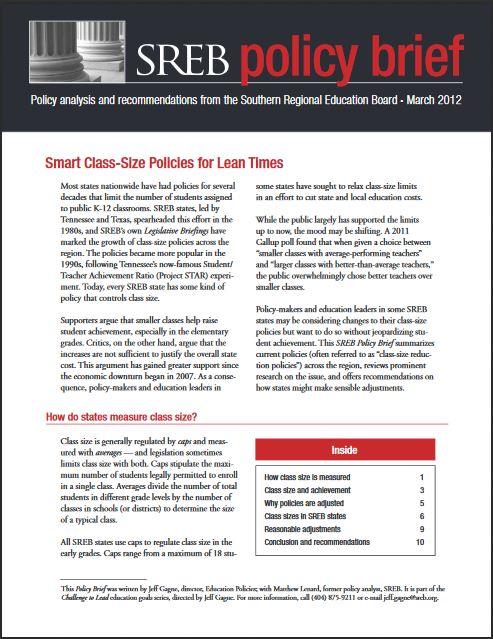Education Level: Early Grades
Early Grades
Grades 1-4
Effective Summer Learning Programs for Elementary Students
Research Snapshot
Many districts and states are targeting summer break as the best opportunity to recover unfinished learning caused by the COVID-19 pandemic. With the federal COVID relief funds, schools can offer summer learning programs as they never have before. This research snapshot provides a summary of the most recent and relevant research on effective summer learning programs to help providers design programs that will benefit students the most.
Elementary Science
Equipping students through inquiry and integration
In the Elementary Science report, SREB examines how science instruction, typically taught separately from reading and math, may not be getting enough attention in elementary classrooms. The reports looks at how waiting until the middle grades to give science an equal place among the academic subjects can hinder students in developing important thinking skills that will benefit them in all subjects areas and for later career success.
Powerful Science Instructional Practices
Improving Early Science Instruction
Ensuring prepared teachers and engaged students
In the drive to improve students’ reading and math achievement in the elementary grades, science has sometimes fallen by the wayside. This despite widespread acknowledgement of the importance of STEM fields — science, technology, engineering and math — to current and future workforces.
Early Math Matters
Factoring in Teacher Knowledge and Practice
This report explains why early math learning is so important, the current state of math instruction, issues with elementary teacher preparation and professional development, and how math anxiety impacts achievement. It also presents recommendations state leaders can use to help raise the math achievement of their students.
Repeating a Grade: How Well Does It Work?
Research Snapshot
This research snapshot 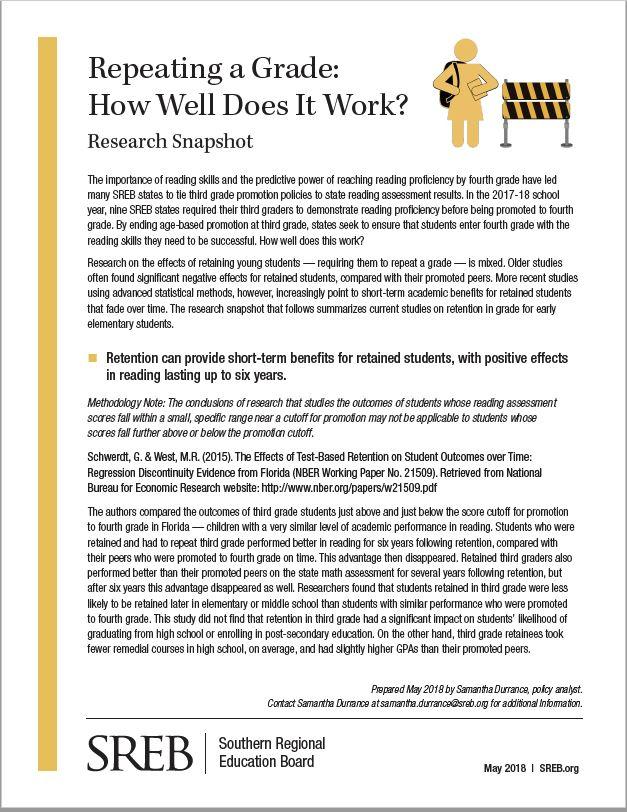 on retention policies examines what we know about retaining young students, from research on outcomes to how much states spend on additional years of schooling. The brief lists intervention policies in the nine SREB states that require third graders to show reading proficiency to be promoted to fourth grade.
on retention policies examines what we know about retaining young students, from research on outcomes to how much states spend on additional years of schooling. The brief lists intervention policies in the nine SREB states that require third graders to show reading proficiency to be promoted to fourth grade.
Ready to Read, Ready to Succeed
State Policies that Support Fourth-Grade Reading Success
States continue to make changes to educator preparation policies and exam requirements for reading. To help legislators who may use this report as a reference, SREB updated Table 2 on page 17 to reflect current state policies as of May 2019.
Don’t Be Afraid to Say “Dyslexia”
Acknowledging and identifying dyslexia is step one in helping struggling readers
Researchers estimate that dyslexia affects at least one in 10 people. As defined by the International Dyslexia Association, dyslexia is a neurobiological learning disability, unrelated to intelligence, characterized by differences in the way the brain processes language. These differences result in difficulties developing skills that are important for reading and writing. While it cannot be outgrown, individuals with dyslexia can learn strategies to help them overcome the unique challenges it presents.
Are teachers prepared to teach reading?
Research shows a gap between what we know about reading and how teachers are prepared to teach it
Reading is the foundation for learning.
The research is clear: Students who are not reading proficiently by the end of third grade are much more likely to face poor academic outcomes. For this reason alone, we know it is incredibly important that children learn to read well early in elementary school and continue to build on those reading skills throughout the rest of school.
Early Grades: P-3 Alignment
Annotated Bibliography
The early childhood years do not end when children enter kindergarten. In fact, experts agree that early childhood development is a continuous process that extends through third grade. During those first eight years of life, a child’s brain is most malleable and capable of learning. Thus, investments in the early years reap the largest returns. Education research mirrors science, supporting an aligned and high-quality education system from preschool through third grade.
Early Grades: Reading
Annotated Bibliography
One of the most crucial missions of the early grades is teaching students to read. Third-grade reading proficiency predicts long-term outcomes, including high school graduation. Many state policymakers have set third grade as the key pivot point in the early grades and have enacted grade-level retention laws based on reading assessment results. Even so, about two-thirds of fourth-graders were not reading proficiently on a widely recognized national assessment in 2015. Development in the first years of life shapes a child’s ability to learn to read.
Early Grades: STEM
Annotated Bibliography
While literacy has long led the early grades policy agenda, early math skills also are vital to success in school. In fact, these skills are more predictive of later achievement than early literacy or social development. Math skills are only part of a broader developmental equation. National attention has recently shifted to a set of competencies that economists project as key to future careers — science, technology, engineering and math. States must ensure more students graduate from high school ready for these critical jobs by promoting equitable access to high-quality STEM learning.
Smart Class-Size Policies for Lean Times
This policy brief summarizes class-size reduction policies across the region, reviews research on the issue, and offers recommendations on how states might make sensible adjustments without jeopardizing student achievement.



